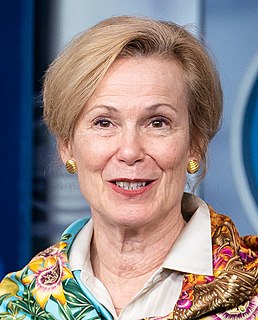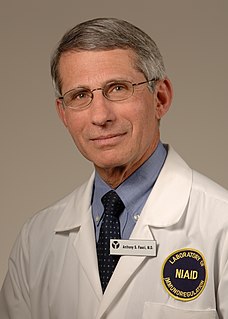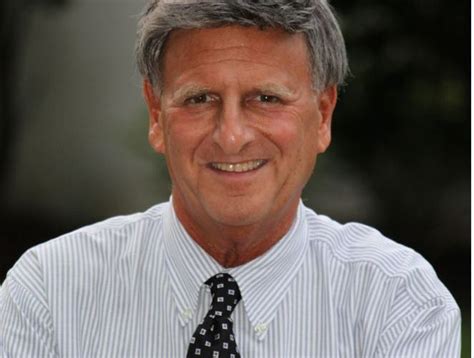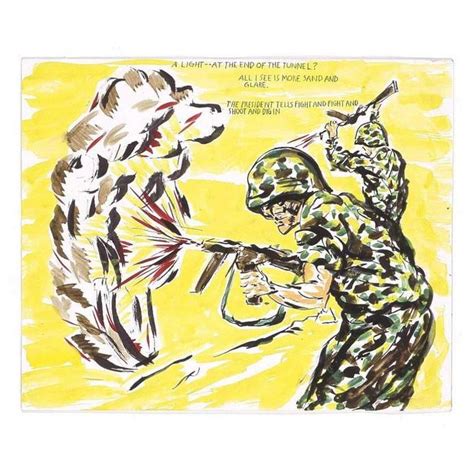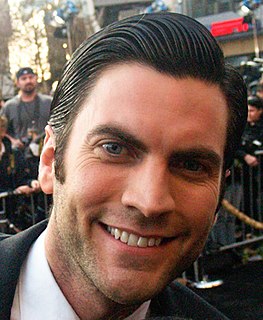A Quote by Shereen El Feki
Part of my job at 'The Economist' was writing about HIV, and that included the grim task of reporting on the state of the global epidemic.
Related Quotes
Drug warriors' staunch opposition to needle exchanges to prevent the spread of HIV in addicts delayed the programs' widespread introduction in most states for years. A federal ban on funding for these programs wasn't lifted until 2009. Contrast this with what happened in the U.K. At the peak of the AIDS epidemic in the mid-1990s, the HIV infection rate in IV drug users in the U.K. was about 1%. In New York City, the American epicenter, that figure was 50%. The British had introduced widespread needle exchange in 1986. That country had no heterosexual AIDS epidemic.
My reporting in Africa wouldn't be political per se, but it's certainly the point of my reporting - and of a lot of other reporters I know: Human suffering is bad, and if reporting stories about it brings it to light and someone does something, that's part of the point of journalism. And it's a thin line between that and activism, and you have to be careful about that.
The global HIV/AIDS epidemic is an unprecedented crisis that requires an unprecedented response. In particular it requires solidarity - between the healthy and the sick, between rich and poor, and above all, between richer and poorer nations. We have 30 million orphans already. How many more do we have to get, to wake up?
People ask me, "What are you going to do to develop jobs in your state?" Well, that's not my job as a US senator to bring industry to the state. That's the lieutenant governor's job, that's your state senators' and assemblymen's job. That's your secretary of state's job, to make a climate in the state that says, 'Y'all come.'
Easterly, a celebrated economist, presents one side in what has become an ongoing debate with fellow star-economist Jeffrey Sachs about the role of international aid in global poverty. Easterly argues that existing aid strategies have not and will not reduce poverty, because they don't seriously take into account feedback from those who need the aid and because they perpetuate western colonial tendencies.
As far as the creative side, the more I do this, the more I know that it's all about the writing. We don't always celebrate that enough, but without the writing, you can't do much. You got on a film sometimes, and it's sort of half-written, and they expect and think that the actor's job is to bring the extra part and the good part. It's not.
HIV criminalization is a global trend, but surprisingly Canada has some of the worst HIV laws in the world - they have incarcerated 200 people to date who have not infected anyone, and half of them are black. This is emotional manipulation that began as an anti-immigrant measure and has devolved into an exploitation of sexual anxiety. It's a crisis of meaning.

